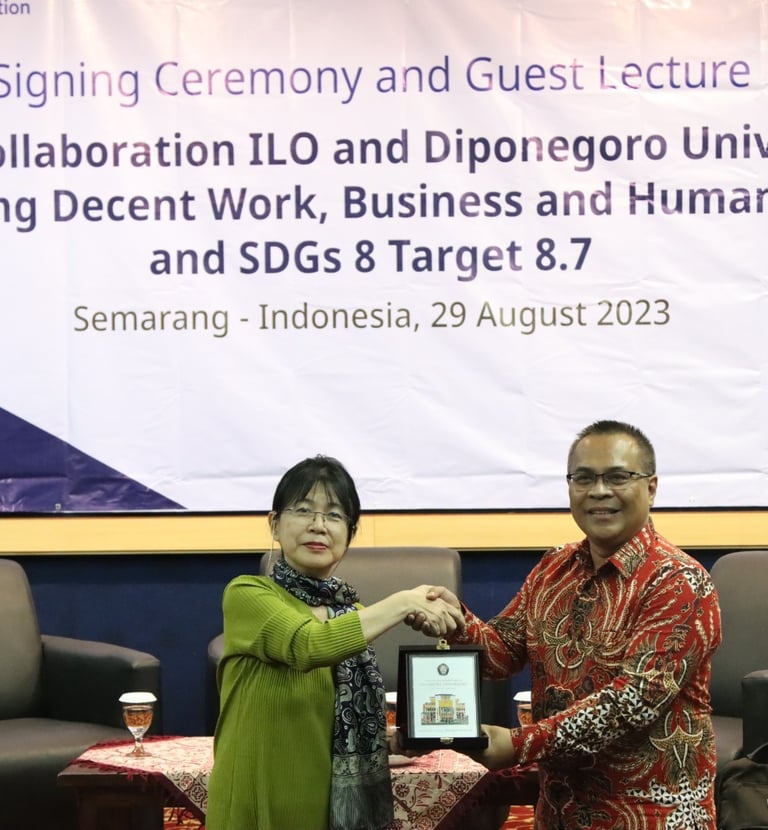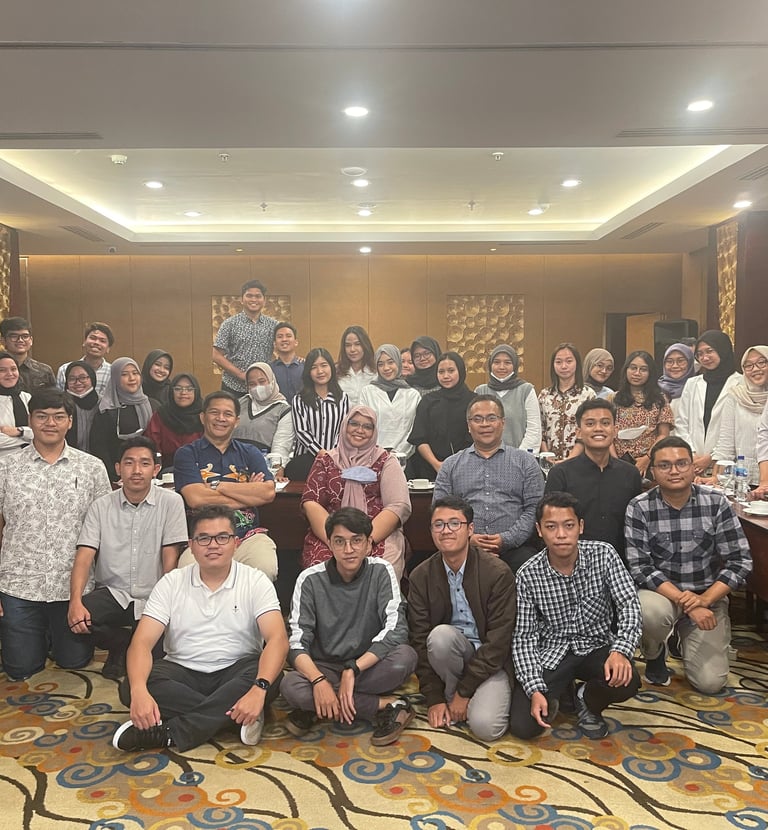Quality, not quantity
We have made quality our habit. It’s not something that we just strive for – we live by this principle every day.
| EDUTIF -Educational Innovation Forum | "WE SUPPORT YOUR FUTURE DREAM COME TRUE "
Empowering Through Educational Workshops: Boosting Knowledge and Skills






